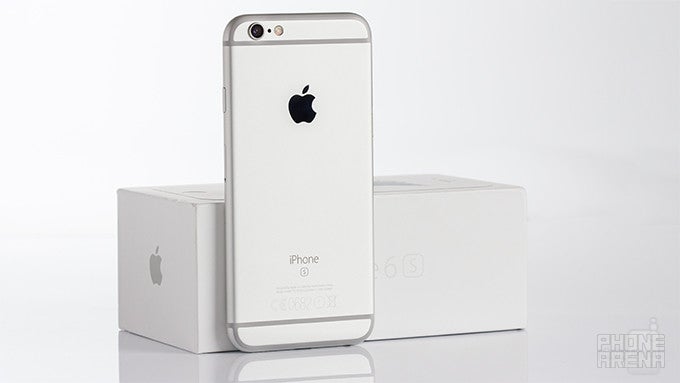Here's why your older iPhone may get slower over time

If you recall, Apple last year launched a repair program for iPhone 6 and 6s users affected by seemingly random shutdowns, offering free battery replacements. However, since further investigation revealed that the number of affected devices was larger than initially anticipated, Apple set out to fix the issue with a software update, in iOS 10.2.1. When the update was rolled out, it was not exactly clear how Apple had managed to reduce random shutdowns by around 80 percent, but the general consensus was that some adjustments to the power management system in iOS had to be made in order to achieve this.
A Reddit thread popped up this weekend—spotted by 9to5Mac—that offers some interesting insight on the matter, and possibly an answer as to why many iPhone 6 and 6s users are experiencing slowdowns. Basically, it turns out, the software fix that Apple created was aimed at dynamically changing the maximum clock speed of the CPU depending on what voltage the battery is outputting at the moment, so as to prevent the phone from drawing too much power and shutting down. This, of course, means that those who didn't get in on the battery replacement program, would get slower and slower performance from their phones as the batteries deteriorated. Users who had their batteries replaced, on the other hand, report greatly improved performance.
Here's what a Reddit user reports after running GeekBench on his iPhone 6 Plus:
Wow, just installed GeekBench myself and tried with my 6 Plus. According to their website, my phone should score 1471/2476, but it actually scored 839/1377 … Which would explain why I, like you, have been feeling like my phone has gotten noticably slower lately. Thank you very much for the tip!
And there you have it. Apple has been implementing similar techniques for adaptive power management in MacBooks, but we now have good evidence that this may very well be the case with the iPhone 6 and 6s as well. But even if you opt to have your battery replaced, which will indeed boost the performance of your phone, keep in mind that as the battery ages, it will worsen again (if you haven't upgraded to a new device by then).
As for what the future holds for the latest crop of iPhones, 9to5Mac notes that Apple’s A10 and A11 chips are engineered to manage tasks in a different way, by allocating them between cores depending on how demanding they are, which is supposed to help separate actual performance from battery health.
Follow us on Google News











Things that are NOT allowed:
To help keep our community safe and free from spam, we apply temporary limits to newly created accounts: